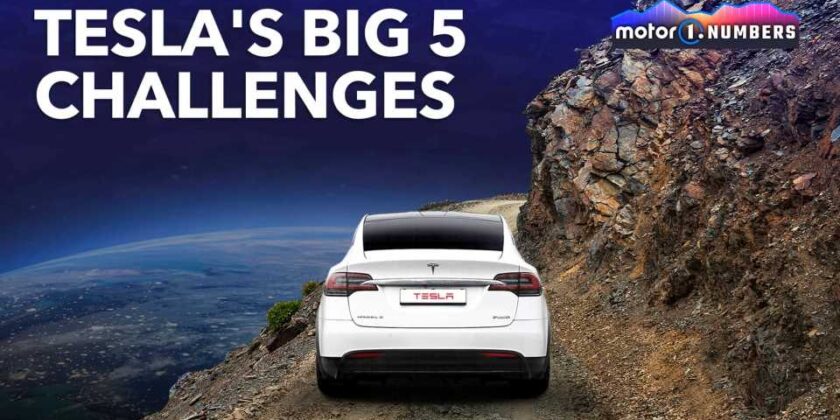There is no other company in recent automotive history that has recorded such rapid growth as Tesla. This brand is undoubtedly the motoring protagonist of the last 10 years.
Tesla has been able to lead the global electric vehicle market by introducing attractive and competitive cars at the right time and in the right places. The company owned and led by Elon Musk has therefore become the point of reference when every motorist thinks about an electric car.
But every quick success doesn’t come unbridled. There are also challenges. Here are the five main challenges that I think Tesla faces:
1. Localization
Even though we theoretically live in a globalized economy, growing trade tensions between countries are leading to greater localization of the sector. This means that due to increased regulation aimed at protecting the local industry, importing cars is becoming more difficult.
The consequence is a growing trend towards localization, in which car manufacturers increase their local production, expand local supplier clusters, and reduce dependence on foreign components.
Tesla currently operates four manufacturing sites around the world: two in the United States, one in China, and one in Germany. If it wants to increase its presence in emerging markets, it will have to establish itself in many of these countries and not just Mexico, as expected. By localizing production, Tesla can better respond to the dynamics of each market, but this can also have negative effects on profits by not having global products and supplies.
2. China
The main challenge is the strong dependence on China. One-third of Tesla’s global volume in the first half of 2023 was delivered to China. Together with Volkswagen, BMW, and Mercedes-Benz, Tesla is the Western company most exposed to Chinese demand.
This heavy dependence on the world’s largest automotive market can be positive in times of peace, but can become a curse in the event of a potential trade/political conflict between China and the US/Europe This is especially true if many Chinese customers continue to switch from foreign to local car brands.
The other threat is the rapid growth of Chinese car brands with their electric models. Electric vehicles are an essential part of China’s economic development in the coming years and a way to expand its industry abroad. There are more than 170 local brands, many of which cater to segments similar to Tesla.
3. Model Lineup
Tesla needs to target more segments. This requires a wider and updated range of vehicles. The Model S is already 12 years old, followed by the Model X. Overall, the average age of Tesla’s lineup is 8.1 years, and the range is quite narrow. The challenge is to maintain appeal and profitability in other segments such as trucks and small cars.
4. A New Dinosaur?
With rapid growth in sales volume (it is expected to deliver 1.9-2.1 million vehicles this year), Tesla must avoid becoming like other companies in the industry. This means not getting bogged down in internal bureaucracy regarding its daily operations and decision-making.
One of the main characteristics contributing to the company’s success is flexibility. When a start-up matures to become a primetime company, there are usually more people involved in the various processes at all levels. This has direct consequences regarding time and costs.
5. Emerging Markets
The auto industry is usually focused on what China, Japan, South Korea, the United States, and Europe do. The industry barely includes the rest of the world, even though it accounts for about 22 percent of global light vehicle sales.
We’re talking about over 17 million units that are somehow excluded from Tesla right now. If the brand really wants to go global, it needs to get there with dedicated products that adapt to the income of the population in those areas.
The author of the article, Felipe Munoz, is an Automotive Industry Specialist at JATO Dynamics.
Source: Read Full Article

